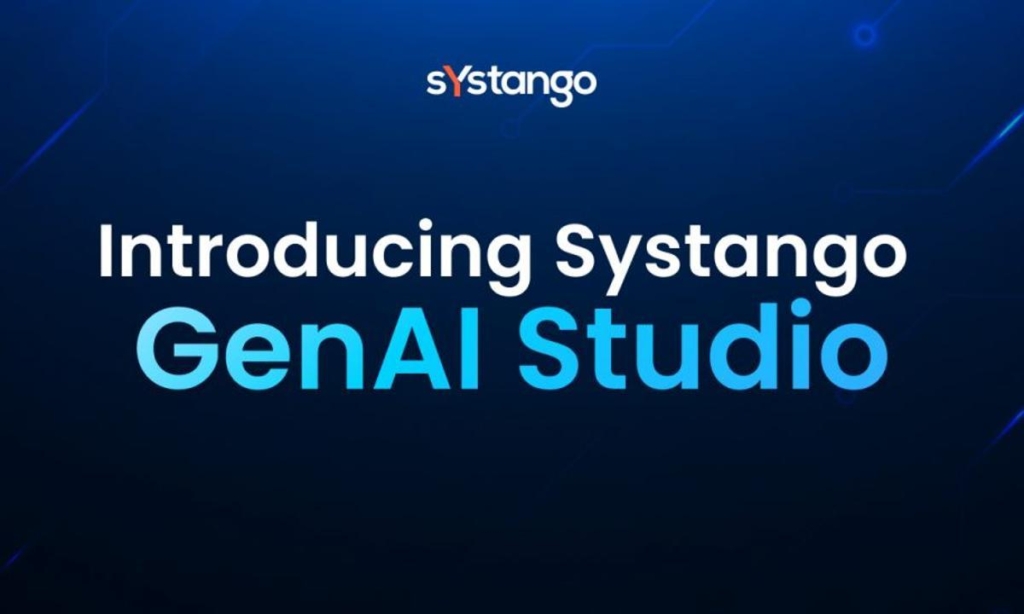OpenAI CEO Sam Altman has hinted that the company might pull out of Europe if it cannot comply with pending European Union AI regulations.
The key issue is a rule in the EU AI Act that would require companies to disclose copyrighted materials used in developing generative AI tools.
Last week, Apple joined other corporations in prohibiting employees from using ChatGPT and other third-party AI tools for their work over concerns that doing so would leak confidential company data that would then be stored on third-party servers.
“The current draft of the EU AI Act would be over-regulating, but we have heard it’s going to get pulled back,” Altman told Reuters.
According to the Future of Life Institute, which issued a report analyzing the EU AI Act, general-purpose AI is defined as AI systems with a wide range of possible uses—both intended and unintended by the developers.
In December, EU member states approved a version of the Artificial Intelligence Regulation Act.
Last month, a group of policymakers in the European Parliament called on U.S. President Joe Biden and European Commission President Ursula von der Leyen to convene a global summit to create a set of governing principles for the development, control, and deployment of artificial intelligence.
Since its public launch in November, the rapid rise of OpenAI’s ChatGPT has shocked world leaders, with several countries opening investigations into OpenAI’s practices or issuing bans on ChatGPT.
After Italy banned ChatGPT, citing privacy concerns, OpenAI instituted several updates, including allowing users to delete their history.
During a panel discussion at the University College London on Wednesday, Altman said OpenAI would try to comply with the rules before deciding to close operations in Europe.
“Either we’ll be able to solve those requirements or not,” Altman said. “If we can comply, we will, and if we can’t, we’ll cease operating.”
The threat of OpenAI exiting Europe is a major blow to the AI community in the region. OpenAI is one of the leading developers of AI technology, and its presence in Europe has helped to foster innovation and collaboration.
The EU AI Act is still in its early stages, and it is possible that the rules will be changed to address OpenAI’s concerns. However, if the current rules are adopted, it is likely that OpenAI will be forced to leave Europe.



